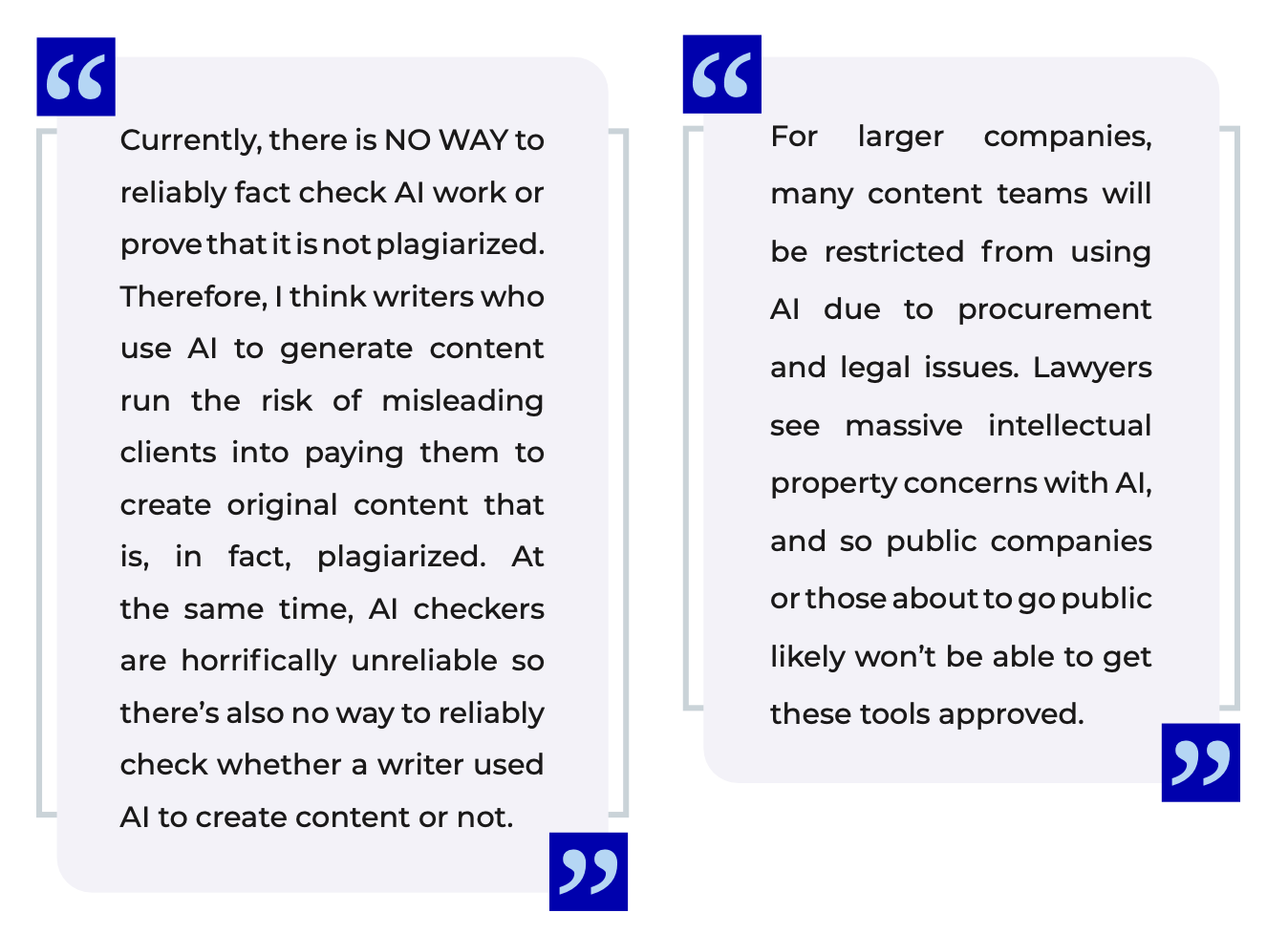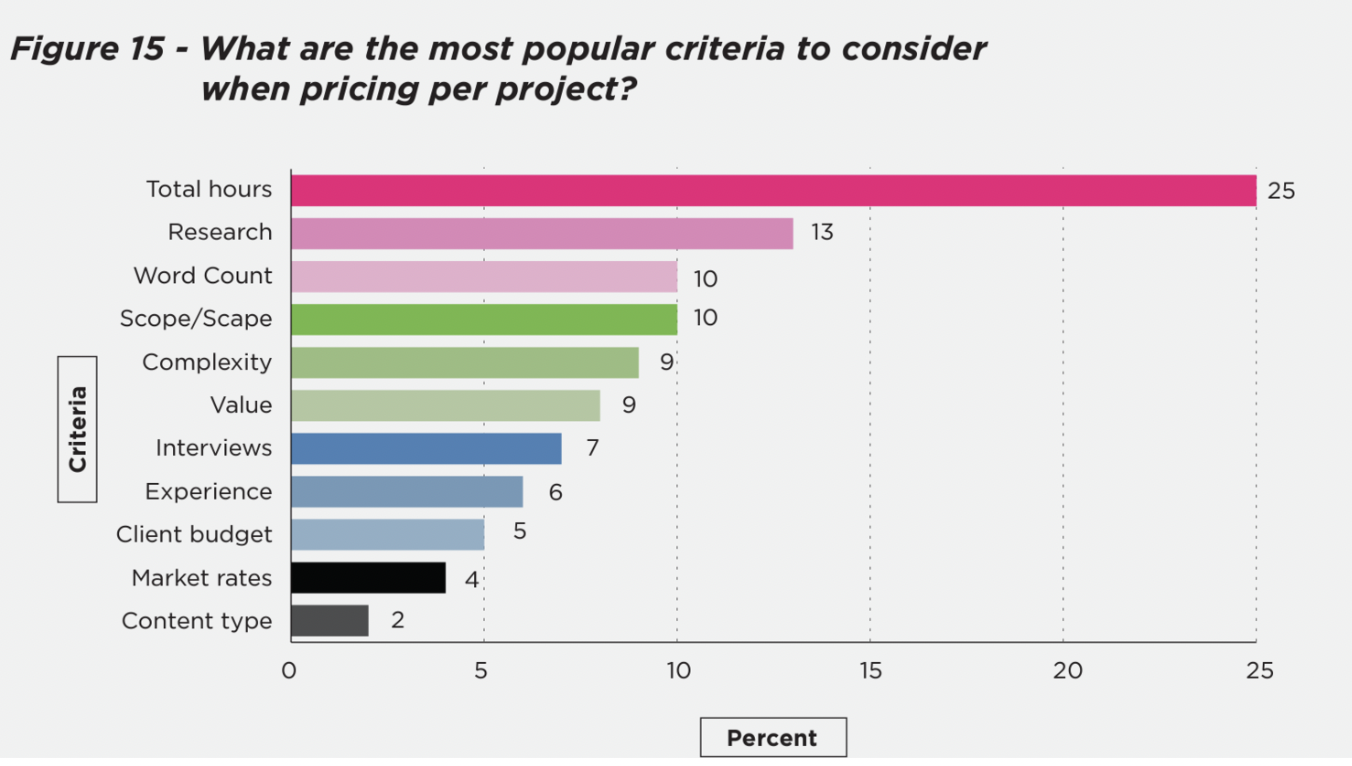Hot take?
2019-early 2023 were the organic content glory days.
The content of "The Great Resignation" was 🔥!
Before 2019, organic content was...fine. Did the job.
Post-2023, organic content has been...all over the place.
So, why were "the content glory days so rad?" A couple of reasons:
1️⃣ A shift in style: Organic content got a glow-up. It maintained the traditional formatting internet-content needs and we still saw stories focused on data-driven insights, but writers also started to borrow sound techniques from journalism—creative reporting, editorial content, SME-led content, and original data. Organic content got a glow-up and people were reading it.
2️⃣ Big marketing budgets: When life went online, companies invested heavily in content. This gave content teams the resources ($) and flexibility to build what's necessary to make great content (e.g., a content director/editor, SEO experts, a team of experienced writers, editors/quality control, etc.).
Once AI exploded, the content world got weird. I'm not a data machine, so I'll have to get anecdotal here. But here's what I've seen over the past 2 years:
🤢 The wrong kind of AI-adoption. Conference after conference highlighted keynote speakers with messages of replacing content teams with cheap AI-generated content machines for increased organic visibility. Then, we saw an influx in bland blogs and articles. We've seen gobs of sites created and supported fully by AI. We've also seen AI-automation littering our inboxes, comments, and DMs. We've entered an era where full AI-adoption (not use) has devalued customer-client relationships and crowded out meaningful content.
(Sidenote: I am not anti-AI. I have found so many uses for it. For example, I use it to help me organize interview transcripts. I also use @strut_ai to organize the writing process. I use it to define easy concepts and check for things I've missed. But, I don't use it to think for me).
Google went whack, and so did strategy. First, it was 100% penalizing AI content. Then, it couldn't detect it. Then, it decided to adopt it. Then, we were introduced to SGE. Then, there was the most recent Google update. Then, tons of sites got taken down. Then, Google doubled down on its helpful content messaging (again). Then, there was Gemini. ??? It's been a bit hard to follow. And, instead of focusing on producing GOOD content for PEOPLE, teams have been clamoring to keep up with Google and hold on to a shred of what may still be working. This seems misguided.
👀 Leaders started slashing content budgets. It's shocking and amazing what AI can do. I never thought I'd see a machine that churned out even semi-coherent sentences. And, when you're not a writer—years into understanding what it takes to produce a good piece of content—it's easy to dismiss researching, writing, and editing as easy tasks that anyone (or a machine) can do. It's easy to assume, "well, AI can do that, so why am I paying hundreds of thousands of dollars to my content team?" And the effects of this mindset have been a huge bummer. Good writers and editors are suddenly "too expensive." We've seen companies lay off internal content teams and freelancers en masse.
🤦🏻♀️ Audience research is no longer in 1st place. It's easy to adopt a shiny new tool and plaster messages across the world. It's not easy to make good messages find and resonate with the right people. It's been strange to see "let's do more," instead of "let's do what's right by our audience."
🤖 A lack of professional trust and courtesy. Let's illustrate this with an example. My husband is a professional musician. When he listens to music, he hears things that I can't hear or even comprehend. He hears and understands all the tiny elements that make a piece of music enjoyable. I hear the final product and know that I like it. That’s about it. But, I also know that if music making or music direction were up to me, the end result would be a disaster. No one would want to listen to it because I’m not a musician. This seems like an easy concept to grasp, but this way of thinking is not a luxury afforded to writers or editors right now. Professionals who are not writers don't understand the tiny nuances of writing. I see posts all of the time that say, "Hire an SME and teach them to write," or "AI can do this for you” or “10 easy steps to mastering copywriting." You don't just teach an SME to write overnight. You don’t learn to write without years of practice. And, AI can predict, define, and replicate (it’s great at this), but it can't create. As a result of this, I've experienced more professional discourtesy these past 18 months than in my full 14 years of marketing. Prospects balking at prices. Ghosting. Unreasonable expectations. A lack of understanding of what it takes to produce good content and an unwillingness to listen. It’s been weird.
I'm hoping 2024 is the year content gets normal again. That marketers return to their audiences and start creating things that have never existed before.
For more insights like this, subscribe to the Content Connect newsletter.
































